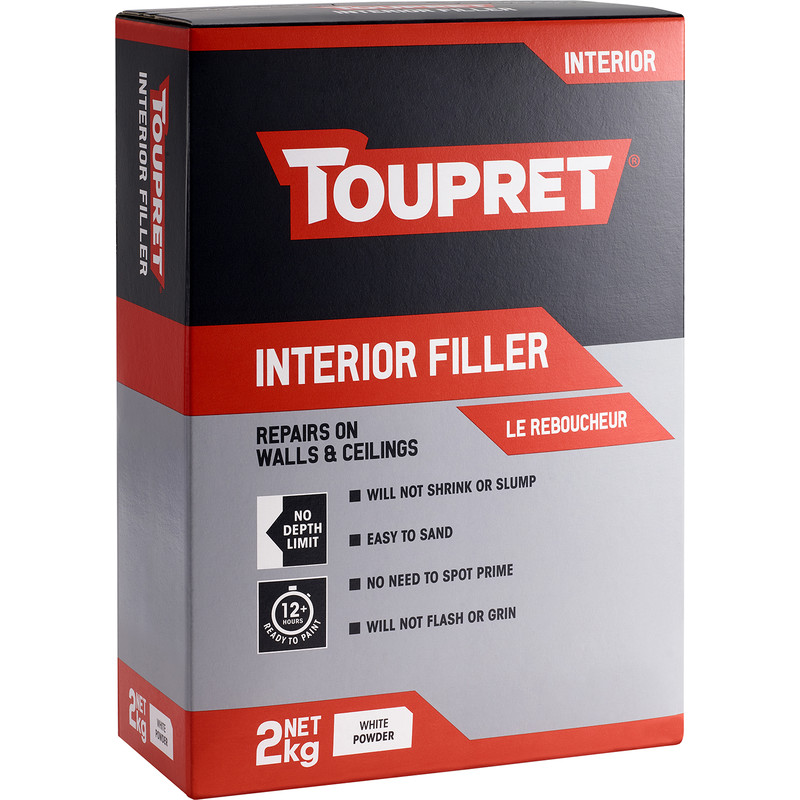Happy Easter all,
I am currently redecorating my bathroom and I am trying to repair a crack in the ceiling.
I discovered that the crack was due to the board moving and this was due to the original plasterboarder using a ridiculously small piece of scrap timber to increase the joist width and then missing with most of their nails. I have therefore replaced with very secure timber and used screws to secure the board.
However I am now left with this.......

The ceiling has previously been boarded and skimmed and then over skimmed at least once. I have taken a 3" strip back to the original plasterboard and have probably took the paper layer off, if that's what it was in those days. I am now left with a strip that varies in depth up to a maximum of around 10mm and I was hoping for some advice as to the best way to tackle it.
My initial thoughts are to PVA it a couple of times and then use plasterboard adhesive to make up the majority of the depth before using a skim coat. then to seal before using a flexible "crack free" paint. Any advice would be appreciated.
Thanks Mark.
I am currently redecorating my bathroom and I am trying to repair a crack in the ceiling.
I discovered that the crack was due to the board moving and this was due to the original plasterboarder using a ridiculously small piece of scrap timber to increase the joist width and then missing with most of their nails. I have therefore replaced with very secure timber and used screws to secure the board.
However I am now left with this.......
The ceiling has previously been boarded and skimmed and then over skimmed at least once. I have taken a 3" strip back to the original plasterboard and have probably took the paper layer off, if that's what it was in those days. I am now left with a strip that varies in depth up to a maximum of around 10mm and I was hoping for some advice as to the best way to tackle it.
My initial thoughts are to PVA it a couple of times and then use plasterboard adhesive to make up the majority of the depth before using a skim coat. then to seal before using a flexible "crack free" paint. Any advice would be appreciated.
Thanks Mark.


